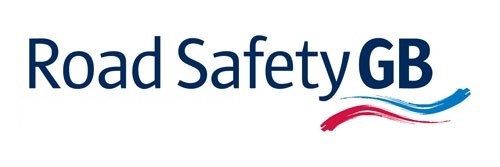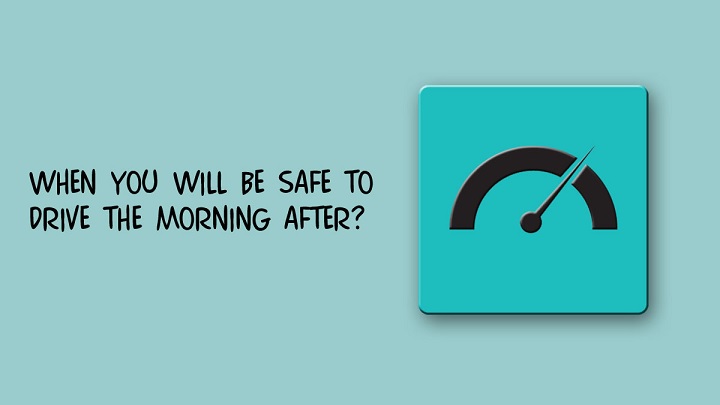

With the number of people killed in drink driving collisions reaching its highest level in more than a decade, campaigners are using Alcohol Awareness Week to warn about the potentially devastating consequences of getting behind the wheel the morning after consuming alcohol.
Government data estimates there were 300 drink drive fatalities in 2022 – the highest number since 2009.
In total, there were 4,620 collisions involving a drink driver in 2022, 500 of which came between the hours of 6am-12pm.
Of those 500 collisions, 30 resulted in a fatality – and 130 in serious injury.
On the back of those figures, the Morning After campaign is calling on drivers to be aware of how long it takes for alcohol to pass through the body – especially when planning to get behind the morning after a night out.
The call comes during 2025 Alcohol Awareness Week (7-13 July), a chance for the UK to get thinking about drinking.
On average it takes around one hour per unit of alcohol, though this can vary depending on a number of factors.
As a result, there is a real risk that people who would not dream of driving after drinking may still be unwittingly over the drink drive limit the morning after.
For example, it can take as long as 10-and-a-half hours for four pints of beer to pass through the body.
The advice from the Morning After campaign is to always err on the side of caution – and where possible, leave the car at home.
For those who must drive, the Morning After campaign has a calculator, to work out roughly when it will be safe to drive the morning after drinking alcohol. The calculator can also help drivers to estimate when to stop drinking alcohol if you have to drive the following morning.
In 2024, the calculator was used more than 400,000 times, helping drivers stay safe on their everyday journeys.
Peak times were over the Christmas period, and during the summer months – periods when alcohol consumption tends to increase.
The Morning After campaign said: “Given the potentially fatal consequences, we know that most people wouldn’t dream of getting behind the wheel after drinking alcohol.
“However, awareness of how long it takes for alcohol to pass through the body is significantly lower, creating a real morning after problem.
“Simply put, even the smallest amount of alcohol can impact your driving ability – whether recently consumed or lingering in your system from the night before.
“That’s why we would always recommend none for the road to keep yourself, and others, safe. It really isn’t worth the risk.”